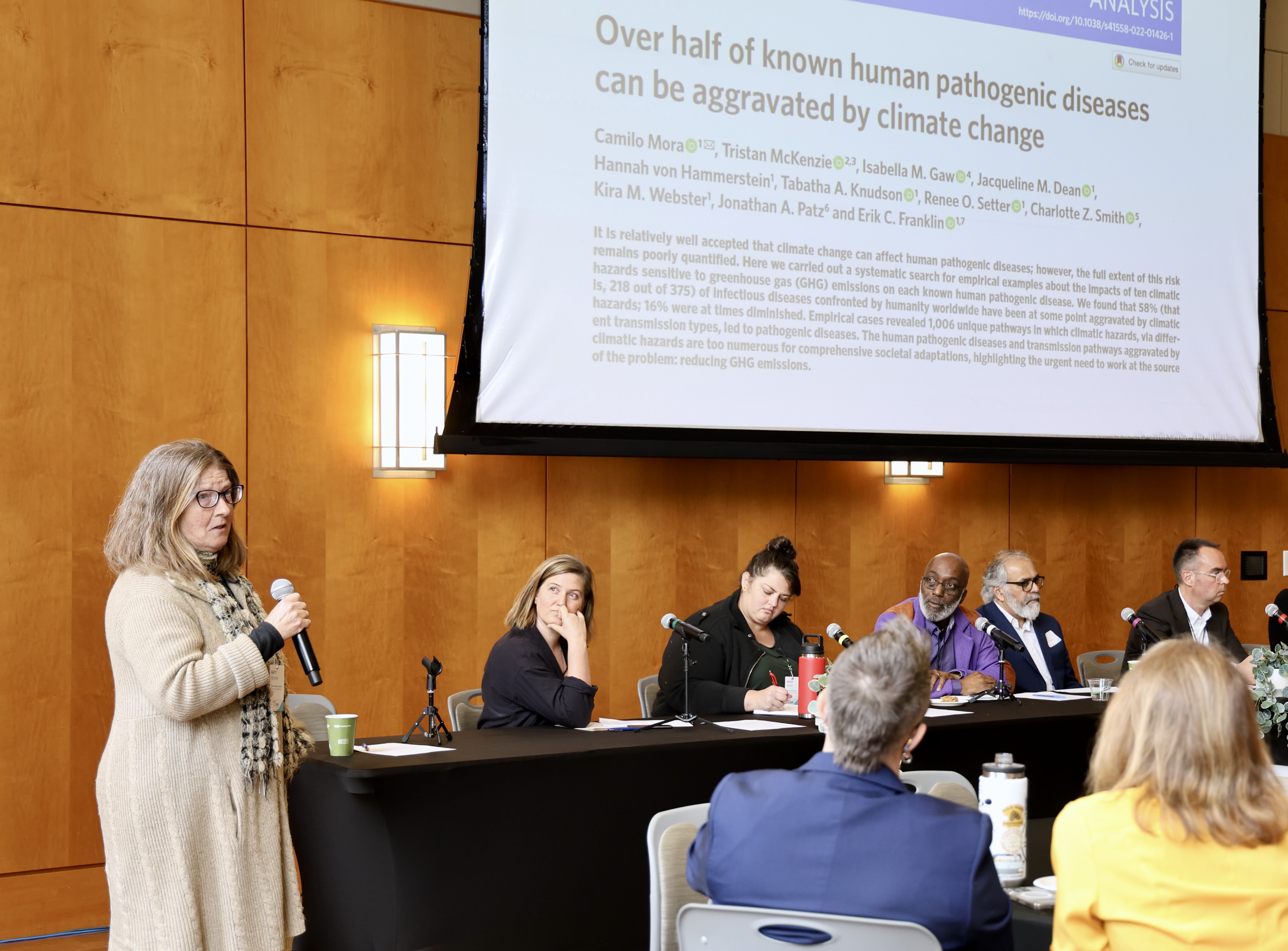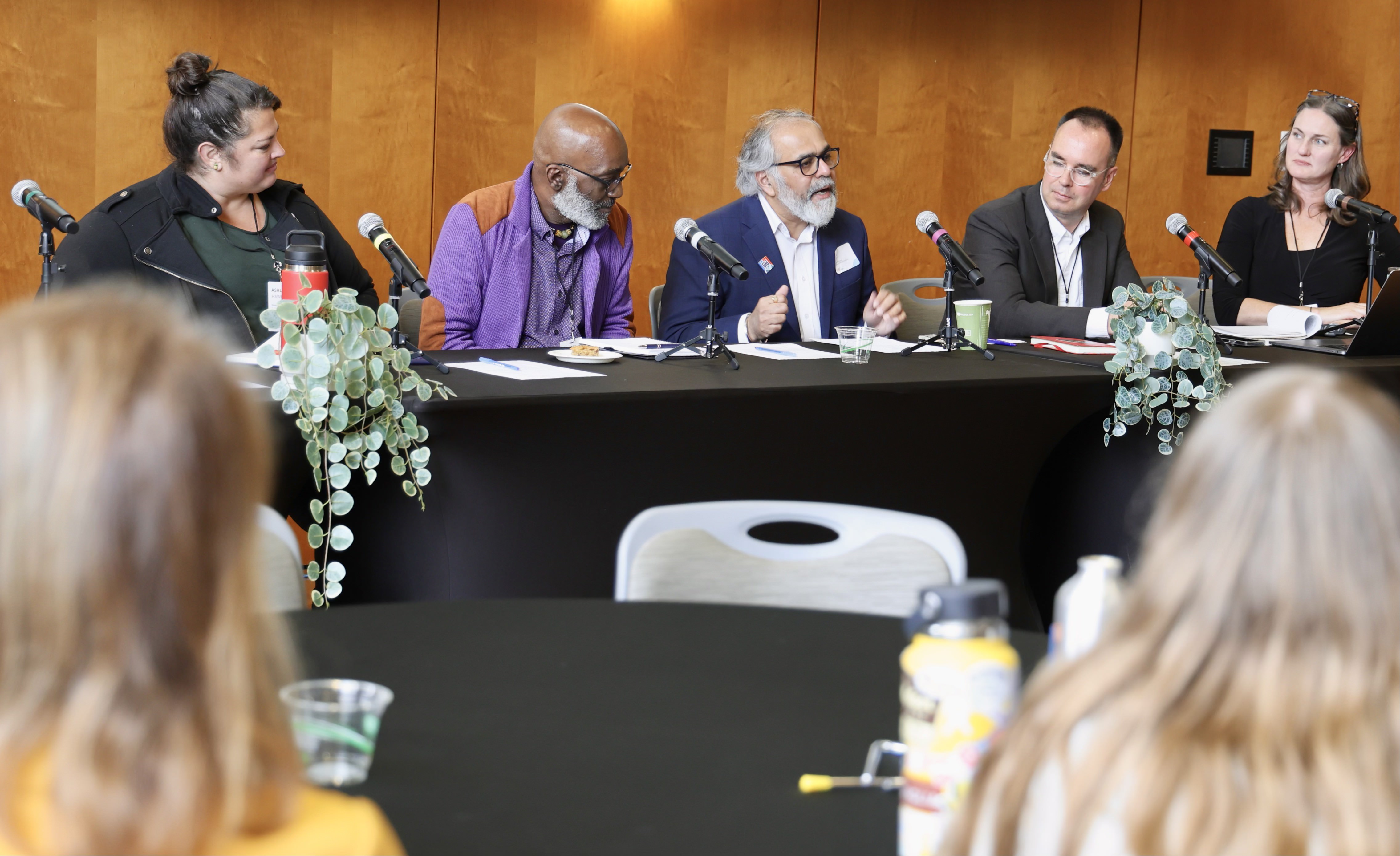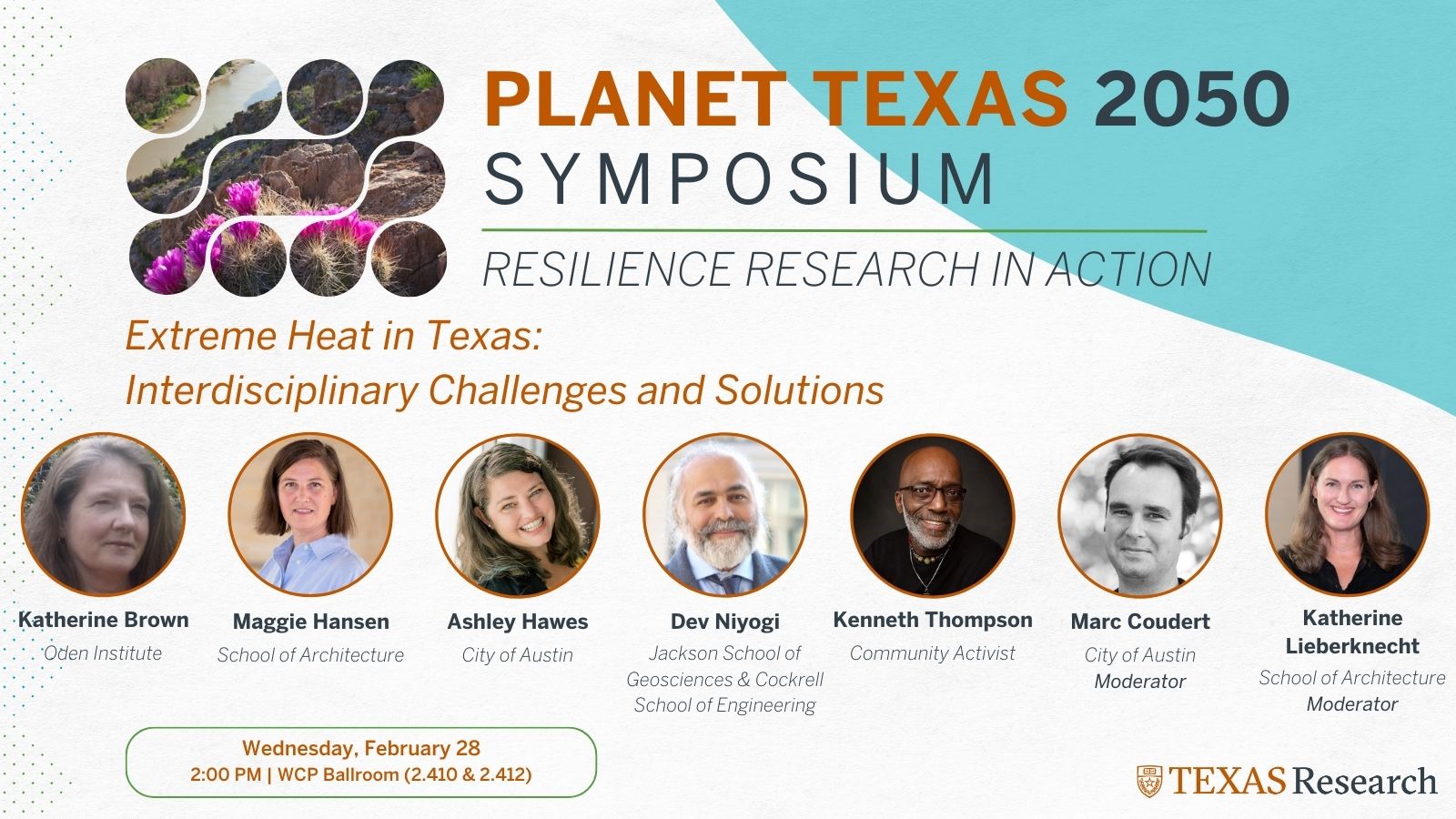Extreme heat poses significant challenges to communities across Texas, impacting public health, infrastructure, and ecosystems. On February 28, the Oden Institute for Computational Engineering and Sciences at the University of Texas at Austin hosted a panel discussion as part of the ongoing Planet Texas 2050 initiative, exploring interdisciplinary approaches to address the complexities of extreme heat in the state. The panel featured two distinguished faculty members: Katherine Brown and Dev Niyogi, both affiliated with the Oden Institute.
Katherine Brown, a senior research fellow at the Oden Institute, brought to the discussion her extensive background in interdisciplinary research, particularly in the field of infectious diseases. Growing up in Austin's underserved east side, Brown has a deeply personal connection to the impacts of urban heat on low-income communities. Her research focuses on understanding how warmth, heat, and environmental conditions influence the spread of infectious diseases.
"Diseases that humans have lived with for thousands of years can be aggravated by climate change," Brown emphasized, highlighting the changing distribution of diseases worldwide due to climate variability. She stressed the importance of recognizing the dynamic interplay between heat, warming, flooding, and precipitation in shaping disease transmission patterns, especially for viral and bacterial infections spread through environmental contact.
"In terms of many diseases, it's not just a heat wave or warming on its own. The dynamics of heat, warming, and flooding/precipitation change the distribution of diseases - especially viral and bacterial diseases spread through environmental contact," Brown elaborated, stressing the need for a holistic understanding of the factors driving disease transmission.
Brown's insights shed light on the increasing risk of infectious diseases such as Lyme disease and West Nile virus due to climate change. Despite these challenges, Brown urged for a balanced approach, advocating for preparedness and evidence-based decision-making rather than succumbing to fear. "We should keep calm and be prepared," she advised, emphasizing the importance of learning from areas already coping with disease outbreaks and managing risk effectively.
Drawing from her own experiences growing up in Austin, Brown highlighted the need to raise awareness among new residents about local ecological risks, particularly regarding vector-borne diseases like Chagas disease spread by kissing bugs. She emphasized the significance of modeling interactions between extreme heat and disease spread on both global and local scales, acknowledging the inherent challenges in sourcing data for such analyses.
Complementing Brown's insights, Dev Niyogi, an affiliated faculty member at the Oden Institute and professor at the Jackson School of Geosciences, provided valuable perspectives on the data challenges associated with assessing and addressing extreme heat impacts. Niyogi emphasized the critical role of local-scale data in informing effective decision-making, noting the surprising data paucity in Austin, particularly regarding temperature and heat exposure.


